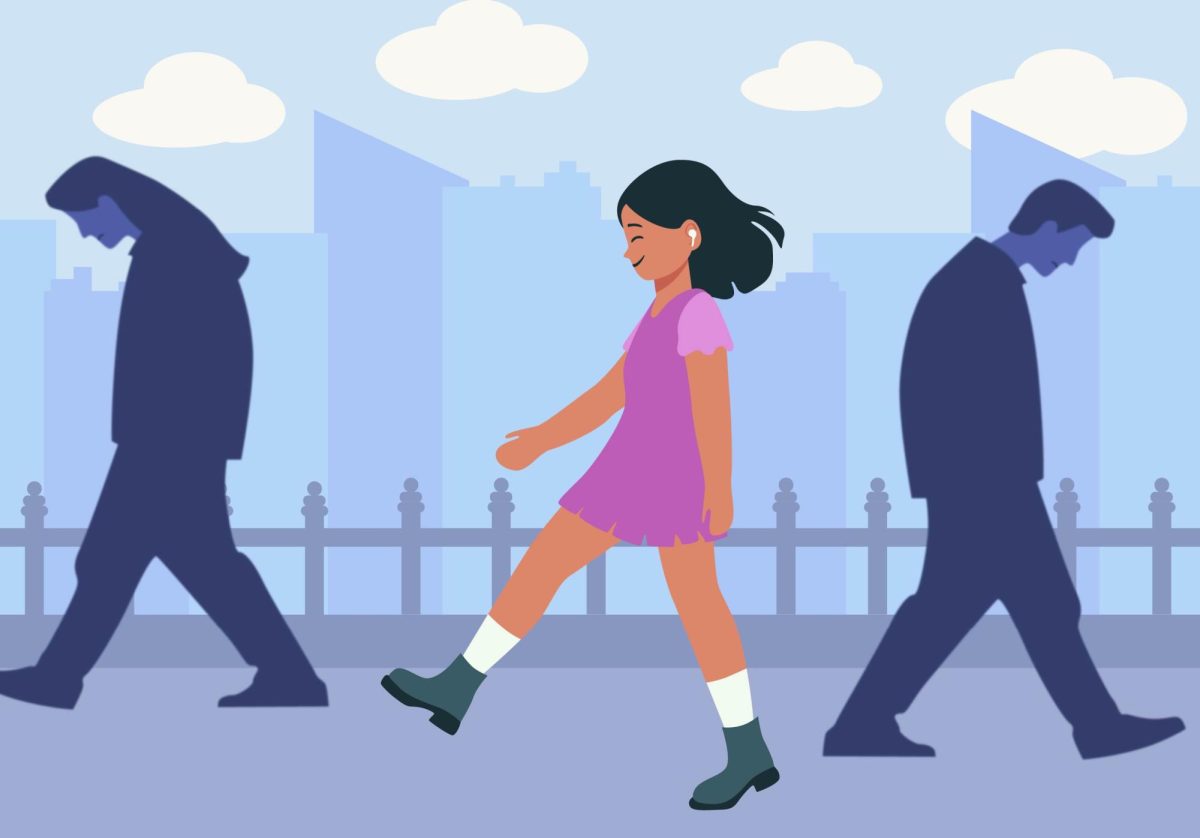The California State Senate approved Senate Bill AB5 that would require gig workers in the state to be classified as employees, not independent contractors earlier this September. A week later, Gov. Gavin Newsom signed it. Uber had a public canary.
People who work for gig companies, like TaskRabbit, Uber, Lyft, GrubHub and Doordash are classified as “independent contractors.” Their non-employee status loses them the benefits that should be understood with the terms of modern work, like paid sick and vacation time, minimum wage and health insurance. The argument of the bill that passed in California was that this is unacceptable, and that companies that employ people, even if they employ them through phone screens only, should still be accountable employers.
This bill was directed primarily to ride-hailing companies. Currently, Uber holds 65 percent or more of the ride-hailing market share. The median hourly rate for Uber and Lyft drivers in the US can get to $8.55, which is a very low wage. Low wages plus skipping basic benefits is a recipe for putting drivers into a cycle of working more hours to make the money they need, without the guarantee that they will have work — and they are forced just to sit and wait for the next hail. At the same time, they’re paying the opportunity cost of finding a less volatile job or building the experience to get one. There is no opportunity for professional growth as an Uber or Lyft driver. In terms of raises, the driver’s wage could spike based on some accrual of good ratings, but the increased price reduces demand, and it all comes out in the wash. But no one is becoming a manager in Uber driving. It is not a career, it is a gig to pick up extra cash. But, the cycle that we just mentioned can make it a trap — and it’s not impossible that the next thing you know, your career is years behind.
Uber and all of their fellow app-based employers who claim not to be employers at all when it’s convenient to them will suddenly be held accountable as payroll-operating companies in California once the bill goes into effect on Jan. 1, 2021. This is the right direction for California to move in and Minnesota should follow suit.
Uber is against California’s bill because they claim that drivers are not central to their business model. On the other hand, I have no idea who would drive people around on Uber rides, or in whose car — maybe Uber himself can just do it, because corporations are people too?
Uber’s argument against SB AB5 is that by regulating their gig drivers, California is threatening a future where “independent work” could be improved in “quality, security and dignity,” according to Uber’s Chief Legal Officer Tony West. But I don’t fully buy that there is any inherent security in the ride-hailing industry, other than that provided by a physical, benefits-delivering taxi company. The very nature of ride-hailing is unreliable. And in the very few Lyft rides I’ve taken, what I was most taken aback by was the Orwellian control the driver submits to from his phone. This is not a wonderful work environment.
Yes, drivers and other gig workers can set their own hours. But they are often underpaid and ill-compensated. Ride-hailing drivers are performing labor. They should be fairly paid for their work. But with the professional stagnation, low wages and the absence of proper benefits, gig-working is the subsistence-farming of careers. There are already enough stressors on the American middle class. I applaud California for taking this one step to combat it.














